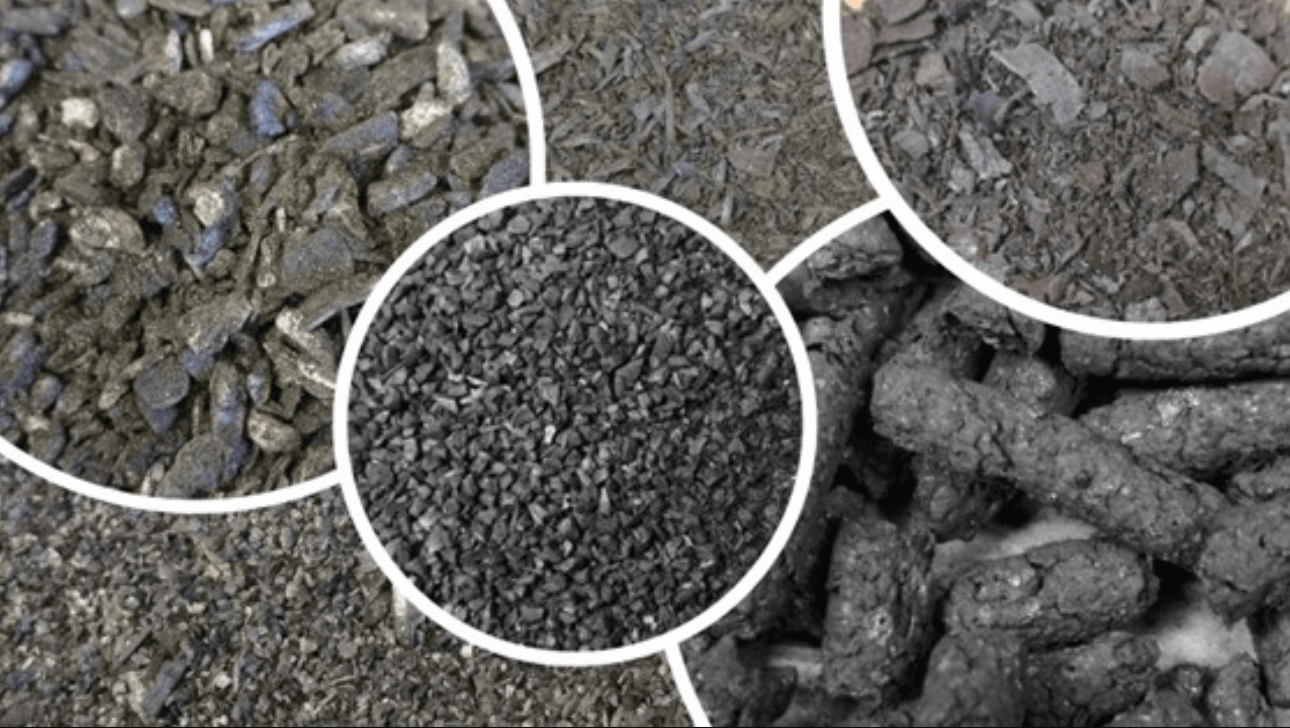Much of the woes and struggles of starting a family center around women and their fertility issues. But for a third of all heterosexual couples grappling with infertility, the problem lies squarely with the man. Faulty sperm tends to be the No. 1 culprit.
Around 10 percent of infertile men (and 1 percent of all men) suffer from azoospermia, a condition in which sperm is completely absent in the semen. While there are treatment options available, like medication or surgery, these methods aren’t an option for some men who can’t make sperm at all.
So some scientists are instead turning to the world of 3D printing to solve azoospermia.
“We needed something as close to the nature within a testicle as possible to be able to study this as a functional unit,” Dr. Ryan Flannigan, a urologist at the University of British Columbia who led the new study, told The Daily Beast.
The new study started with Flannigan and his team growing testicular tissue in the lab and observing how this community of cells organized itself, communicated with each other, and responded to different growth hormones.
They began to ask: Why not try regenerating a whole testicle, or at least a clump of testicular cells, with 3D printing?
































